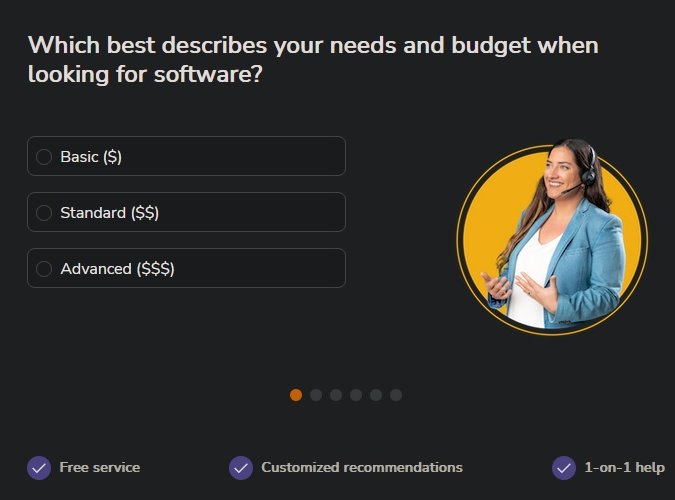Product Lifecycle Management Software (PLM)
Product Lifecycle Management (PLM) software provides the digital thread that connects product design, engineering, manufacturing, and end-of-life processes. In the EV and clean energy ecosystem, PLM platforms are crucial for managing the complexity of batteries, drivetrains, semiconductors, and charging systems while ensuring compliance with fast-evolving standards. By linking CAD models, bill of materials (BOMs), and regulatory requirements, PLM software enables enterprises to accelerate innovation, reduce costs, and maintain traceability across the entire product lifecycle.
Key Functions of PLM Software
| Function / Feature | Description | EV-Specific Examples |
|---|---|---|
| Product Design & Engineering | Managing CAD files, simulations, and design data | EV battery pack design, e-motor CAD, lightweighting for vehicle range |
| Bill of Materials (BOM) Management | Maintaining multi-level BOMs with traceability across components | Battery cell-to-pack BOM, rare earth magnet sourcing, EVSE components |
| Change & Configuration Management | Tracking revisions, versions, and engineering changes | Version control of battery chemistries, inverter updates, chip integration |
| Quality Management | Ensuring product designs and processes meet quality standards | Battery cell defect detection, EV safety certification, ISO/TS 16949 compliance |
| Data Management | Organizing, securing, and making accessible all product-related data | Centralized EV design repositories, lifecycle data storage, supplier data integration |
| Compliance & Certification | Ensuring designs meet regulatory, safety, and sustainability standards | RoHS/REACH compliance, ISO 26262 functional safety, EU Battery Regulation |
| Collaboration & Digital Thread | Connecting engineering teams, suppliers, and OEMs on shared platforms | Cross-OEM collaboration on charging standards, joint battery R&D projects |
| MES Integration | Linking PLM data with factory-floor manufacturing execution systems | Gigafactory MES coordination, linking design tolerances to production quality |
| Lifecycle & End-of-Life Management | Planning recycling, reuse, and circular economy processes | Second-life BESS for EV batteries, design-for-recycling initiatives |
| ESG Management | Embedding sustainability and governance requirements into design and lifecycle | Tracking material carbon intensity, social compliance in sourcing, ESG-linked BOM reporting |
| Integration with Enterprise Systems | Linking PLM with ERP, SCM, and other enterprise platforms | Connecting BOM data with supply chain traceability and gigafactory ERP |
Role in Electrification
PLM software ensures that products in the EV and energy sectors are designed, built, and retired responsibly, with full visibility across materials and processes. It links engineering with manufacturing and compliance, providing the audit trail necessary for scaling gigafactories, EVSE, and advanced manufacturing.
Market Outlook & Adoption
| Rank | Adoption Segment | Drivers | Constraints |
|---|---|---|---|
| 1 | Battery & Gigafactory Engineering | Chemistry innovation, BOM traceability, regulatory compliance | Complex chemistries, fast-moving regulation, recycling mandates |
| 2 | Automakers & EV Platforms | Vehicle design, modularity, ADAS integration, cost optimization | Complex supply chain integration, legacy system migration |
| 3 | EVSE & Charging Infrastructure | Standardization, interoperability, safety certification | Fragmented standards, long certification cycles |
| 4 | Semiconductors & Power Electronics | GaN/SiC integration, miniaturization, performance validation | Design cycle times, export restrictions, verification costs |
Strategic Importance
- Provides a single source of truth for product data across the EV ecosystem
- Supports compliance with safety, environmental, and trade regulations
- Enables faster innovation in batteries, power electronics, and EV platforms
- Facilitates cross-industry collaboration and digital twins for engineering
- Links design, manufacturing, and recycling in a circular economy model
